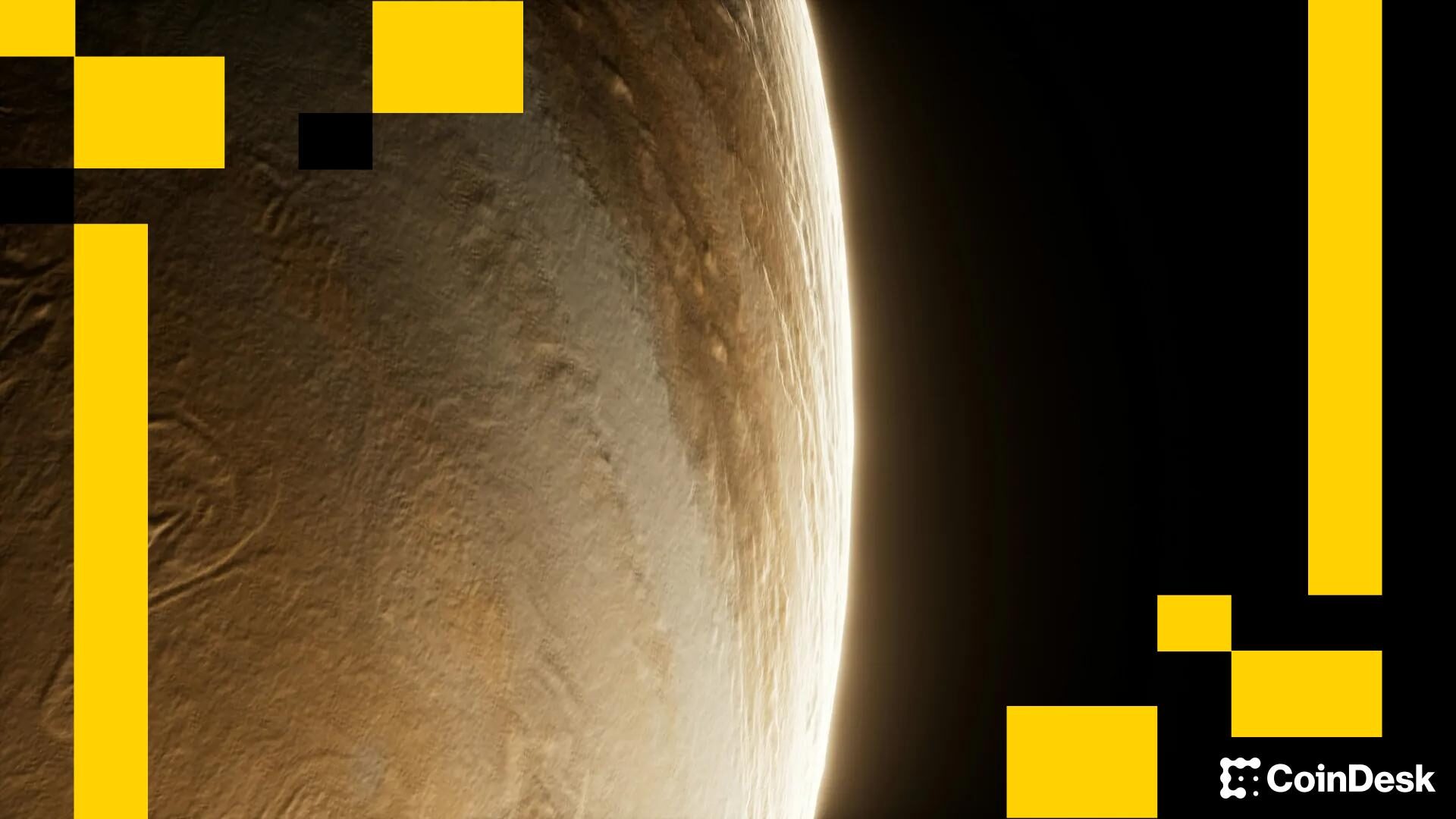JupUSD will be developed in partnership with Ethana Labs and initially be fully collateralized by Ethana’s USDtb stablecoin.
By Francisco Rodrigues|Edited by Jamie Crawley
Oct 8, 2025, 3:49 p.m.

- Jupiter is develop its own stablecoin, JupUSD, by the end of the year, which will be native to Solana and integrated across its ecosystem.
- JupUSD will be developed in partnership with Ethana Labs and initially be fully collateralized by Ethana’s USDtb stablecoin.
- The team plans to add USDe as a secondary backing asset to boost yield potential, and is building smart contracts for minting and redemption, with multiple audits expected ahead of the launch.
Solana-based decentralized exchange Jupiter is rolling out its own stablecoin, JupUSD, by the end of the year.
The coin will be native to Solana and tightly integrated across Jupiter’s ecosystem, including its perpetuals platform, lending markets, and trading interfaces, the DEX shared on X on Wednesday.
STORY CONTINUES BELOW
JupUSD is being developed in partnership with Ethana Labs, known for minting over $16 billion in stablecoins through their project.
The stablecoin will be fully collateralized by Ethana Labs’ USDtb, a stablecoin that’s backed by treasury funds including BlackRock’s USD Institutional Digital Liquidity Fund (BUIDL).
The team plans to add USDe as a secondary backing asset, aiming to boost yield potential.
Smart contracts that allow minting and redemption of JupUSD are being built, Jupiter said, with multiple audits expected ahead of the launch.
Jupiter, a Solana-based decentralized exchange aggregator that has since expanded its offerings, currently has $3.58 billion in total value locked according to DeFiLlama, making it the leading protocol on Solana.
More For You
By Francisco Rodrigues|Edited by Parikshit Mishra
Sep 15, 2025

The reorganization was pinned on Qubic, which has acquired over half of Monero’s mining power last month and uses XMR rewards to buy and burn its own token.
What to know:
- Monero’s blockchain experienced an 18-block reorganization, its deepest to date, which invalidated 118 confirmed transactions and rolled back 36 minutes of transaction history.
- The reorganization was pinned on Qubic, which has acquired over half of Monero’s mining power and uses a “useful proof-of-work” model to repurpose XMR mining rewards to buy and burn its own token.
- The incident has raised concerns about the reliability of the Monero network, with some commentators suggesting that the community may need to consider solutions such as DNS checkpoints to prevent future reorganizations.













